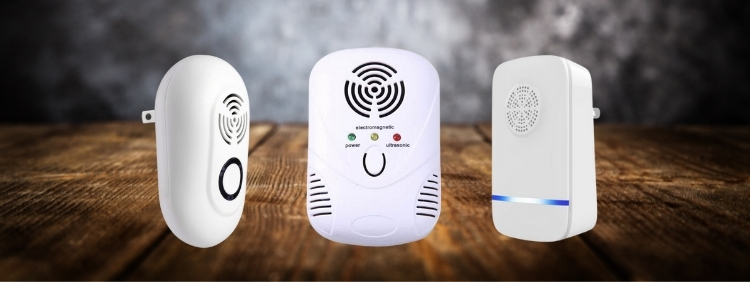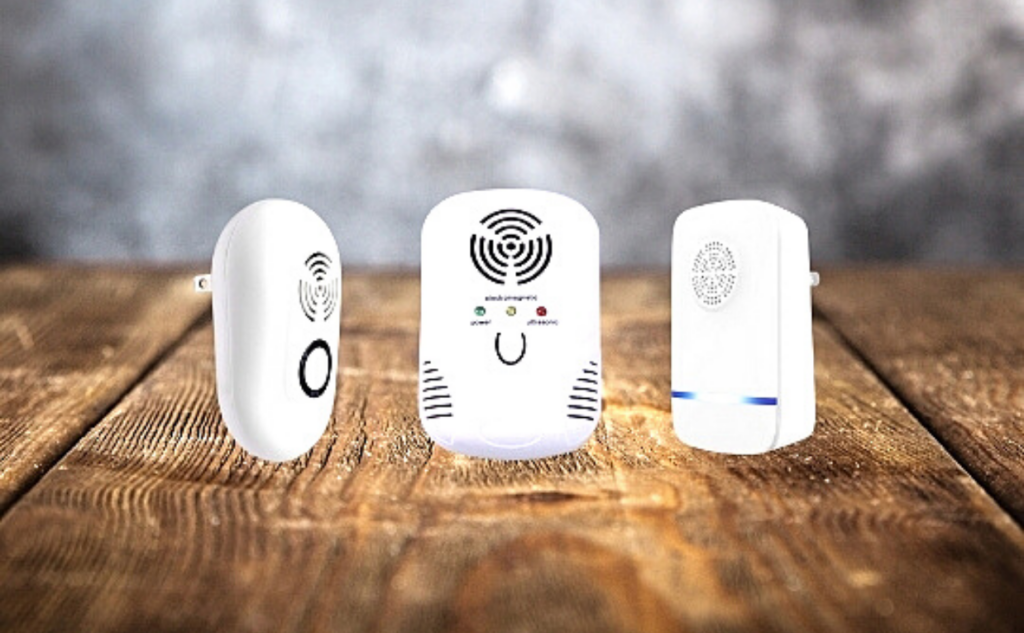
When rodents infest their homes, many homeowners look for cheap, easy solutions before realizing that pest mice control services that could handle it far more efficiently. This is understandable, as most homeowners are interested in dealing with problems as inexpensively as possible. A quick google search of ultrasonic devices for pests reveals a slew of products with glowing reviews and sworn testimonials. Unfortunately, such reviews are often either fake or misinformed.
What Is an Ultrasonic Rodent Repellent?
Ultrasonic repellents are devices that emit high-frequency sounds that are undetectable to humans. The logic behind installing such devices is usually that high-frequency sounds are unpleasant or intolerable to rodents, so rodents are unlikely to inhabit areas with devices installed. Such tools are also commonly used to deter bats and other animals.
What Is the Science Behind Sound Repellents
All mammals have a range of sound frequencies they can hear. Any sound below or above these levels is undetectable though not necessarily harmless. Because emitters are usually relatively weak, the sound they create usually doesn’t travel very far. Still, to mice and other rodents, commercial emitters sound extremely loud and unpleasant — like having perpetual construction going on right outside your house.
Although ultrasonic devices used for pests are designed so neither pets nor humans can hear them, there are limited studies on the safety of long-term exposure to high pitch sounds. Most of the claims made by manufacturers that their products are safe are based on assumptions that haven’t been proven. Though inaudible sounds emitted at low power may not be strong enough to cause neurological harm, there isn’t enough research to say so definitively. In fact, some consumers have claimed that repellents have caused migraines or other serious problems.
The effects of sonic repellents on other species is another potential area of concern. Modern urban areas are already concerningly full of unintentionally harmful stimuli, like LED street lights. While we humans tend to think only about ourselves, there is a whole world of other creatures around us who participate in the ecosystems we live in. Since we don’t even fully understand the impacts of ultrasonic sound on ourselves, it’s probably best to avoid broadcasting it to every other living thing.
Do Sound Repellents Work for Mouse Problems?
Sound repellents are not a good long-term solution for an infestation in your home. While no animal is likely to be enthusiastic about living in an area with constant, annoying noise, mice are extremely resilient and adaptable. Since the alternative for some animals may be to live outdoors where predators are common, mice often become willing to subject themself to ultrasonic noise relatively quickly. Since the noise can only travel so far, animals may simply choose to remain out of range at the other end of your house.
Since a mice infestation usually has more to do with the number of potential breaches in a home than the level of comfort animals can achieve by taking up residence, the sound alone is rarely an effective way to prevent a problem. Given the questionable safety profile and environmental impact of pest-control emitters, traditional prevention measures are still far superior.
When it comes to rodent infestations, prevention is always the best treatment. By locating and sealing off any potential entryways, you can leave mice to find an easier home nearby. Try to regularly inspect your basement and exterior and note any changes you find from one inspection to the next.
If you have already found evidence of mice in your home, including droppings, a musty odour, high-pitched sounds, or direct sightings, you should call pest control services immediately. At Truly Nolen, we have years of experience removing mice and keeping them out for good. Call today.
